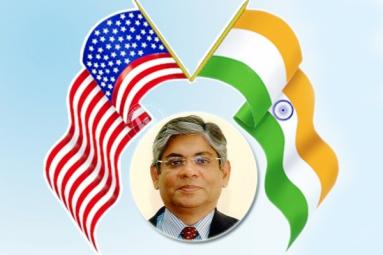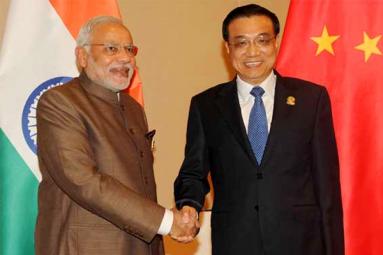A provision of the Indian Patents Act allows for a compulsory license to be awarded after three years of the grant of patent on drugs that are deemed to be too costly. Other patent rulings are imminent. A long-running case involving the granting of an Indian patent for Swiss drugmaker Novartis’ cancer drug Glivec is expected to be heard in the country’s Supreme Court this month.
India’s move to strip German drug maker Bayer of its exclusive rights to a cancer drug has set a precedent that could extend to other treatments, including modern HIV/AIDS drugs, in a major blow to global pharmaceutical firms, experts say. Recently, the Indian Patent Office effectively ended Bayer's monopoly for its Nexavar drug and issued its first-ever compulsory license allowing local generic maker Natco Pharma to make and sell the drug cheaply in India.
It is only the second time a nation has issued a compulsory license for a cancer drug after Thailand did so for four drugs between 2006 and 2008, also on affordability grounds. Thailand also issued licenses for HIV/AIDS and heart disease treatments. “This could well be the first of many compulsory rulings here,” said Gopakumar G Nair, head of patent law firm Gopakumar Nair Associates and former president of the Indian Drug Manufacturers’ Association.
“Global pharmaceutical manufacturers are likely to be worried as a result ... given that the wording in India’s Patent Act that had been amended from 'reasonably priced' to 'reasonably affordable priced' has come into play now.” The new wording is seen as a lower threshold for compulsory licenses, which can be issued under world trade rules by nations that deem major life-saving drugs to be too costly. The licenses allow them to authorise the local manufacture or importation of much cheaper, generic versions. Global drug makers see emerging markets such as India as key growth opportunities, but remain concerned over intellectual property protection. Nair said HIV-related medicines were likely to be the most at risk by compulsory licenses in the future.
India has one of the world's fastest-growing rates of HIV and heart disease is also the country’s biggest killer, but widespread poverty in Asia’s third-largest economy makes many non-generic drugs unaffordable for millions.
Currently, Pfizer and GlaxoSmithKline sell a modern HIV/AIDS drug known as Selzentry through their joint venture firm ViiV Healthcare. The treatment costs more than 60,000 rupees for one month's dosage in India. Bayer’s Nexavar cancer drug costs around $5,500 a month in India, making it "not available to the public at a reasonably affordable price, the patent office ruled. About 40 percent of Indians live below the poverty line, government data shows. A provision of the Indian Patents Act allows for a compulsory license to be awarded after three years of the grant of patent on drugs that are deemed to be too costly. Other patent rulings are imminent. A long-running case involving the granting of an Indian patent for Swiss drugmaker Novartis’ cancer drug Glivec is expected to be heard in the country’s Supreme Court this month. The case does not involve the issue of compulsory license, but it has also pitted advocates of free trade and intellectual property rights against pro-generics campaigners who say a ruling in favour of Novartis could see other drugs in India priced outside of the reach of most of the population.
“There is huge wealth in India,” Pfizer CEO Ian Read said. “There are maybe 100 million people in India who have wealth equivalent to or greater than the average European or American, who don’t pay for innovation. So this is going to have to be a discussion at some point.” But groups that campaign for cheap access to drugs in poor countries have welcomed the Bayer ruling. Medecins Sans Frontieres said the ruling means that new medicines in India that are still under patent, including some of the latest treatments for HIV/AIDS, could potentially have generic versions produced for a fraction of the cost.








